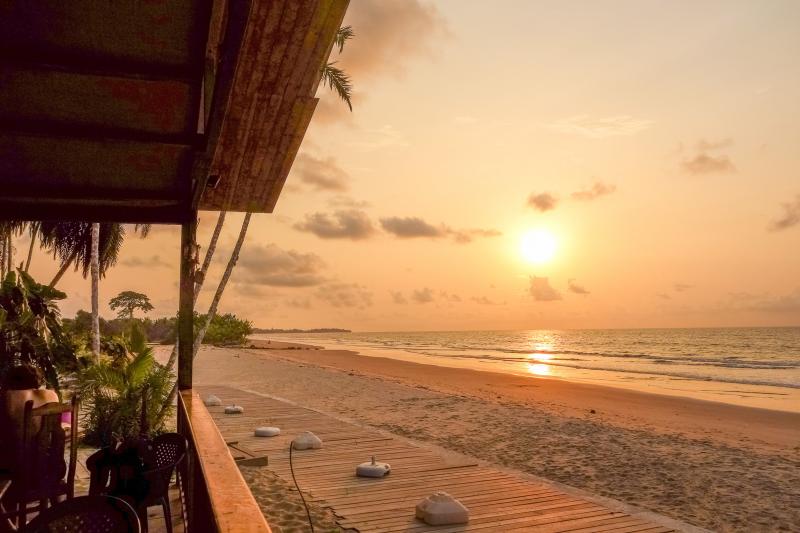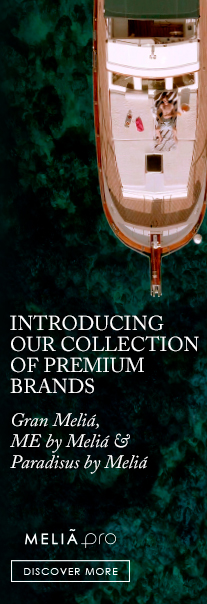
Malabo – Your Cultural Base in Equatorial Guinea
Bioko Island, Equatorial Guinea
Malabo is an excellent base from which to discover the many wonders of Equatorial Guinea. Interestingly, despite being the country’s capital city, Malabo is actually situated off the northernmost coast of Equatorial Guinea on an island called Bioko. From here it is possible to undertake day trips to nearby towns including Basacato del Oeste and Luba, as well as neighbouring islands such as Annobon in the Gulf of Guinea. However, the real gem is taking a day out to appreciate Malabo in all its glory.
Spanish is the main language spoken here, due to the Spanish ownership of the nation from the 1850s until nearly 100 years later. The city is packed with interesting colonial heritage, and visitors should see the Neogothic Santa Isabel Cathedral in the city centre, built in the early 20th Century, as well as the beautiful, atmospheric square in front of the church, where the Spanish influence on the island can still clearly be seen. The church recently underwent a round of renovations as it passed its 100th year construction anniversary, and is looking more beautiful than ever. Football fans can check out a match at the newly constructed Nuevo Estadio de Malabo, and also pieces of colonial history in the form of La Casa Verde. This early 19th Century building was the former Portuguese embassy, and has recently been renovated as well.
As well as city centre sightseeing, the island has become a focus for animal conservation, with the Moka Wildlife Centre opening in 2008. Since then, it has become a major part of the Bioko Biodiversity Protection Program, and has been transformed into a field station/Eco-tourist lodge which offers a rural and comfortable alternative to the hustle and bustle of Malabo. Guests can come and see the brilliant work they are doing in researching de-forestation and the effect this has on natural environments and the animals that live there. Diversity studies and primate studies are also being carried out here.
Share this article:



















